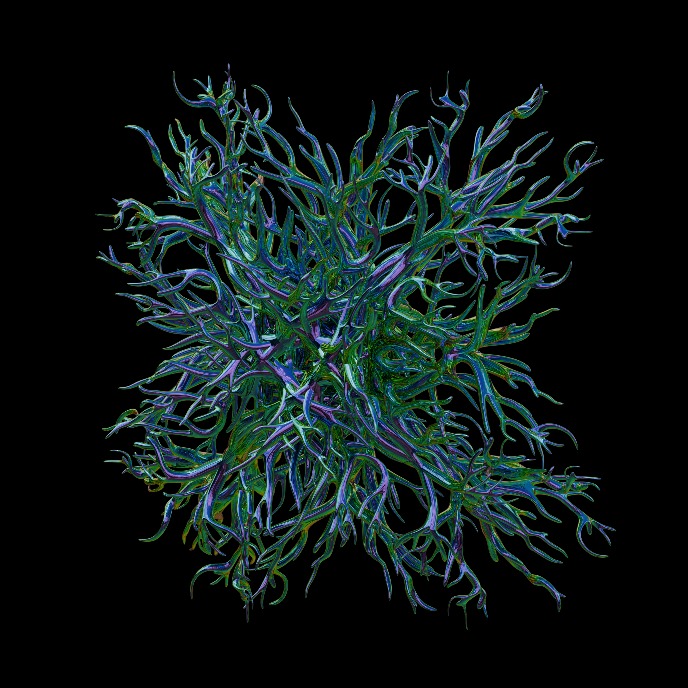Narrative and the Mind

Narratives are not only products of human minds, but also constitutive to them. Stories help to integrate information about events, agents, motivations, experiences, and their interconnections, and as such, are a key tool for understanding the world, others and ourselves.
This role of narrative in human cognition has been a topic of interest to scholars, scientists and professionals. Stories have been described as an ideal vessel for communicating knowledge, conveying experience, forming identities, training empathy and perspective-taking, or negotiating values.
However, narrative thinking has also been associated with simplification, anthropocentrism, affective biases and other cognitive shortcuts that can hamper the understanding of complex realities. While human minds are predisposed to narrative thinking, they are not limited to it. The contemporary ubiquity of stories as tools for thinking and communicating thus asks for scrutiny and reflection.
This edition of the Netherlands Winter School on Narrative focuses on the interplay between narrative and the mind. During the one-week course, lectures and workshops will examine how cognition is informed by narrativity, and how narratives are shaped by our cognitive engagement.
The set-up of the winter school is strongly interdisciplinary, combining a variety of perspectives on narrative, from diverse fields such as psychology, literary and cultural studies, and cognitive science. science. Speakers include Lisa Zunshine, Jan Alber, Liesbeth Korthals Altes, Barend van Heusden, Jens Brockmeier, Stefan Kjerkegaard, Marina Grishakova, Gerben Westerhof, Marco Caracciolo, Deborah de Muijnck, Anneke Sools, Lobna Ben Salem and Mattia Bellini. On the final day, the symposium “Narrative, Complexity and the Playful Mind” will engage with the question of narrative’s capacity for representing complexity, and with audiences’ activities in engaging with complex stories.
Practical information
|
Dates & location
|
20 – 24 January 2025, Groningen, Netherlands |
|
Level
|
PhD students; Master students; early career researchers; professionals interested in storytelling |
|
Fees
The fee includes: access to all learning activities; lunches from Monday to Friday; drinks on Monday; dinner on Wednesday
For the 2025 edition, the affiliated organisations are Twente University, Amsterdam University of Applied Sciences, University of Tartu, Ghent University, The South Mediterranean University, l'Université de la Manouba, Aarhus University, Giessen University, University of Kentucky, University of Giessen and The American University of Paris.
|
€ 125 for University of Groningen students and staff € 300 (excluding housing) or 350 (including housing in a dormitory) for staff and students of affiliated organisations € 400 (excluding housing) or € 450 (including housing in a dormitory) for regular participants |
|
Academic committee
|
Dr. S.J. Moenandar |
|
Contact
|
narrative.winterschool rug.nl
|
Lecturer bios
Speakers include Lisa Zunshine, Jan Alber, Liesbeth Korthals Altes, Barend van Heusden, Jens Brockmeier, Stefan Kjerkegaard, Marina Grishakova, Gerben Westerhof, Marco Caracciolo, Deborah de Muijnck, Anneke Sools, Lobna Ben Salem and Mattia Bellini.
Target group
PhD students; Master students; early career researchers; professionals interested in storytelling
Learning outcomes & workload
1. Assess current debates about the interrelatedness of narrative and mind.
2. Argue for the necessity of “narrative literacy” in specific circumstances.
3. Appraise a wide array of narrative theories
4. Argue for the relevance and feasibility of research projects on the interrelatedness of narrative and mind in a way that testifies of informed critical thinking.
All participants in the winter school will receive a Certificate of Attendance.
Participants who wish to earn study credits through the winter school will be given an additional assignment. This assignment will be evaluated by the winter school staff, and if deemed satisfactory, the participant will receive a signed statement indicating a workload of 140 hours (28 hours corresponds to 1 ECTS, meaning 140 hours equals 5 ECTS). Students can then apply to the relevant authorities at their home institutions for recognition of these credits. Consequently, the final decision regarding the awarding of credits lies with their home institutions. We will be happy to provide any further information that may be requested in addition to the Certificate of Attendance.
Course schedule
Please find the course schedule below.
Application
To apply, please fill out the online application form. Please note that you will be asked to upload the following documents:
-
CV (brief overview of professional background)
-
Letter of motivation (max 1 page)
The application deadline is 15 November 2024. If you are having difficulties accessing our system, please send your CV and motivation letter directly to narrative.winterschool rug.nl
Partners


| Last modified: | 21 January 2025 12.18 p.m. |
